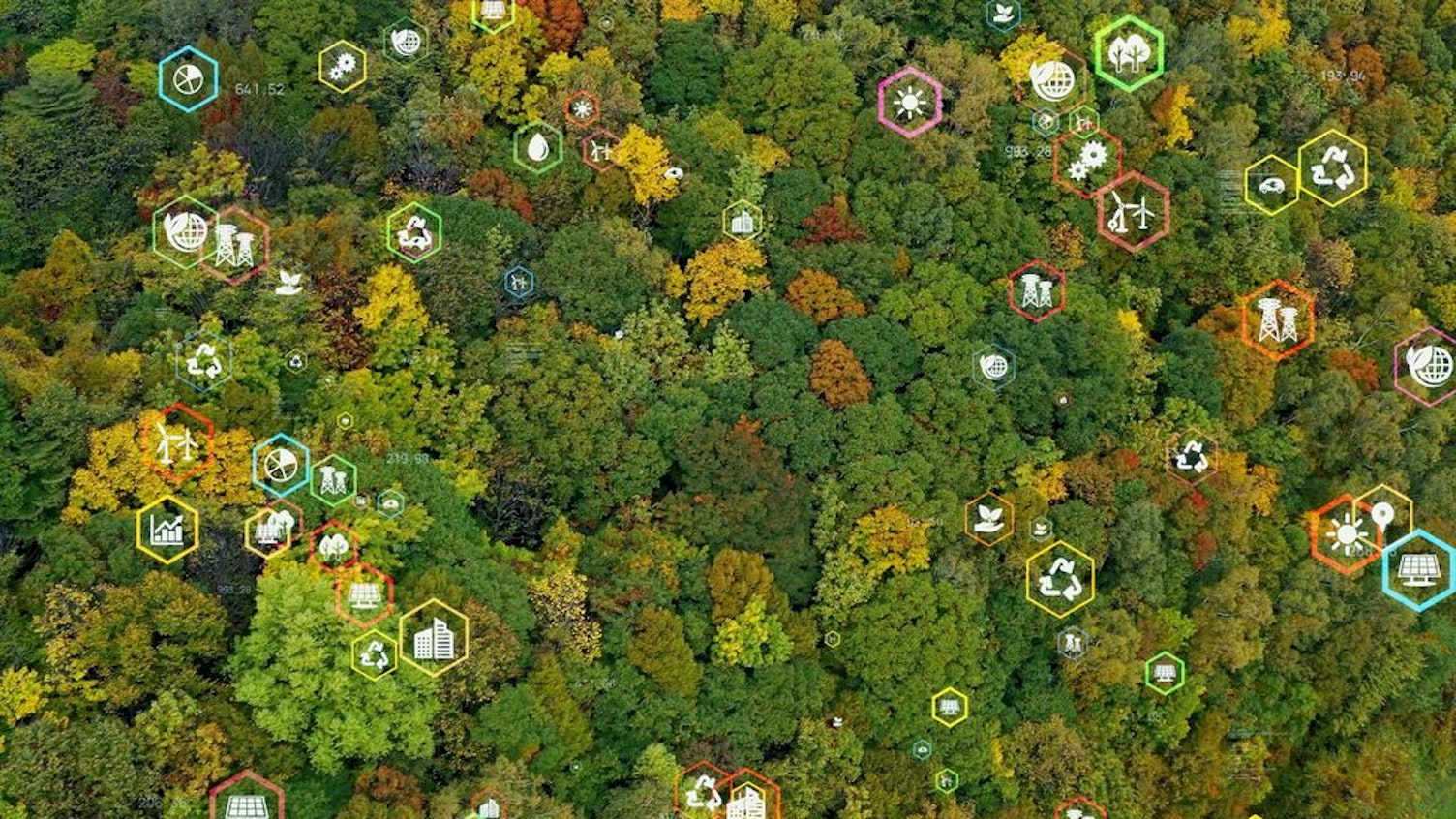Any organization committed to transitioning toward a circular economy that needs to measure and assess its circularity performance effectively.
ISO 59020 provides requirements and guidance to standardize how organizations collect and calculate data using mandatory and optional circularity indicators, ensuring consistent and verifiable results.
This international standard is crucial for transitioning to a circular economy. It provides a clear and structured methodology for measuring and assessing circularity performance and selecting system boundaries and appropriate indicators. It also supports interpreting data to evaluate circularity at numerous levels, from regional and inter-organizational to organizational and product-specific.
Businesses can effectively quantify progress and demonstrate commitment to sustainable practices, enhancing transparency, accountability and stakeholder trust.
Why choose ISO 59020 verification from SGS?
- Utilize a clear framework for measuring circularity performance
- Support global sustainability goals
- Enhance the transparency and accountability of your environmental reporting
- Support strategic decision-making for sustainable resource management
- Align with the UN Agenda 2030 and Sustainable Development Goals (SDGs) 1-16
Why SGS?
As a sustainability leader for over 30 years, we provide impartial and objective verification services. Our team of circular economy experts ensures that your circularity performance is credible, consistent, transparent and more.
We follow ISO 59020’s principles rigorously, assessing everything you need. Our verification will help you collect and calculate your data to ensure alignment with the standard, before you showcase your success to stakeholders.
Take a step toward validating your commitment to a sustainable future with SGS. Contact us today to discuss your ISO 59020 verification needs and begin your journey toward effective circularity performance.

FAQ
It helps organizations identify how effectively they minimize resource use and optimize the circular flow of materials. This standard helps organizations achieve environmental sustainability and align with the UN Agenda 2030 and UN SDGs.
ISO 59020 specifically focuses on measuring and assessing circularity performance, providing detailed methodologies for data collection and indicator selection. The other ISO 59000 series standards generally offer broader guidance on circular economy principles and implementation strategies.
The global standard can complement other related assessments and be integrated with additional methods for measuring social, environmental and economic impacts, providing a comprehensive view of an organization’s sustainability performance.
A circular economy aims to eliminate waste by reusing, reducing, recycling, redesigning, sharing and repairing resources. Unlike a traditional linear economy, which is based on a “make, use, dispose” mindset, a circular economy requires products to be repurposed for production when their life cycles are over.
Minimizing material consumption, streamlining processes and collecting waste for reuse keeps products in circulation as much as possible. This reduces raw material use and production-related emissions.
Blvd Gjergj Fishta,
Pallati Alpas, Kati 8, PO Box, 2408,
Tirana, Albania